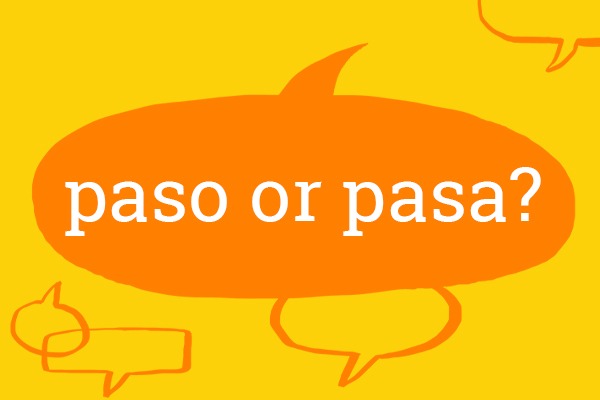This week’s Spanish word of the week is importante.
Importante is an adjective that means important or significant; large. You can listen to the pronunciation of importante in the audio clip below:
function playAudio(url) { new Audio(url).play(); }Importante is one of those intriguing Spanish words that has one meaning which looks similar to English — important — and another that is a bit unexpected: large:
el acontecimiento más importante del calendario deportivo the most important event in the sporting calendar
Este período fue testigo de cambios importantes. This period witnessed important changes.
Se hizo con una importante fortuna. He amassed a large fortune.
In its main meaning, you can choose to translate by other English synonyms, such as significant or major, according to context:
una de las obras más importantes del catálogo de Bach one of the most significant works in Bach’s output
El pueblo se transformó en un importante centro turístico. The town became a major tourist centre.
If we want to emphasize a particular point, or prioritize it, then the phrase lo más importante can help us:
Lo más importante es que te pongas bien. The main thing is that you get well.
Lo más importante can also be followed by a clause introduced by que, with the verb in the indicative or the subjunctive, according to context. If you are talking about a fact that has already happened, use the indicative:
Lo más importante es que hemos conseguido los dos puntos. The main thing is that we got the two points.
In the example above we know for a fact that the two goals have been scored. However, if the manager were encouraging his team before the match, he would say:
Lo más importante es que consigamos los dos puntos. The main thing is that we get the two points.
We hope to see you again the week for another word!



